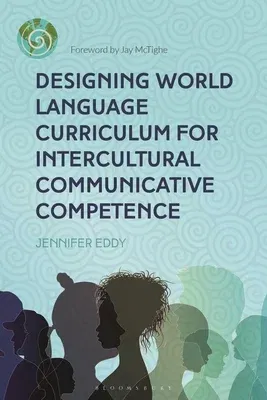This book creatively redefines how teacher educators and faculty in
secondary and post-secondary language education can become designers
with intercultural education in mind. The author aligns theoretical
frameworks with practical features for revising the modern language
curriculum via themes and novel tasks that transfer language learning
from classroom to community, developing communicative competence for
mediation and learner autonomy along the way.
For novice and experienced instructors alike, this book empowers them
to:
- design curriculum from transferable concepts that are worthy of
understanding and have value within the culture(s) and to the learner;
- develop assessments that ask the learner to solve problems, and create
products that transfer concepts or address needs of various audiences
that they will encounter in community, life, and work;
- direct language learners through a spiral, articulated program that
supports academic, career and personal goals.
Pedagogical features include a glossary of key terms,
research-to-practice boxes, scaffolded design tasks, reflection
questions and template samples representing language exemplars from the
following languages and cultures: Arabic, Chinese, Èdè Yorùbá, French,
German, Hindi, Italian, Japanese, Korean, Ladino, Nahuatl, Portuguese,
Russian, Spanish, Te Reo Maori and Urdu. The accompanying online
resources offer blank templates, PowerPoints and guides for designing
bespoke curricula with key performance assessments.

